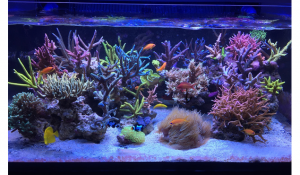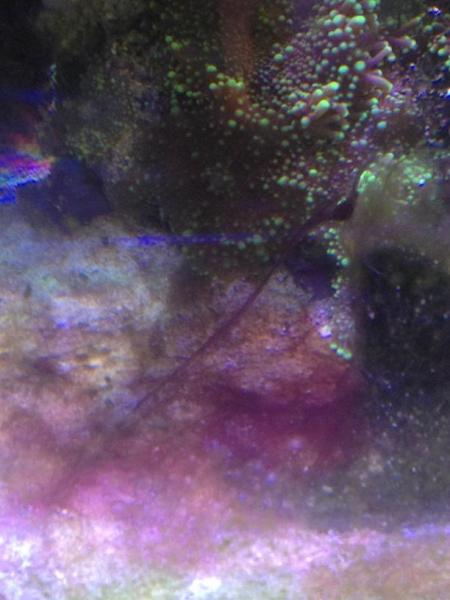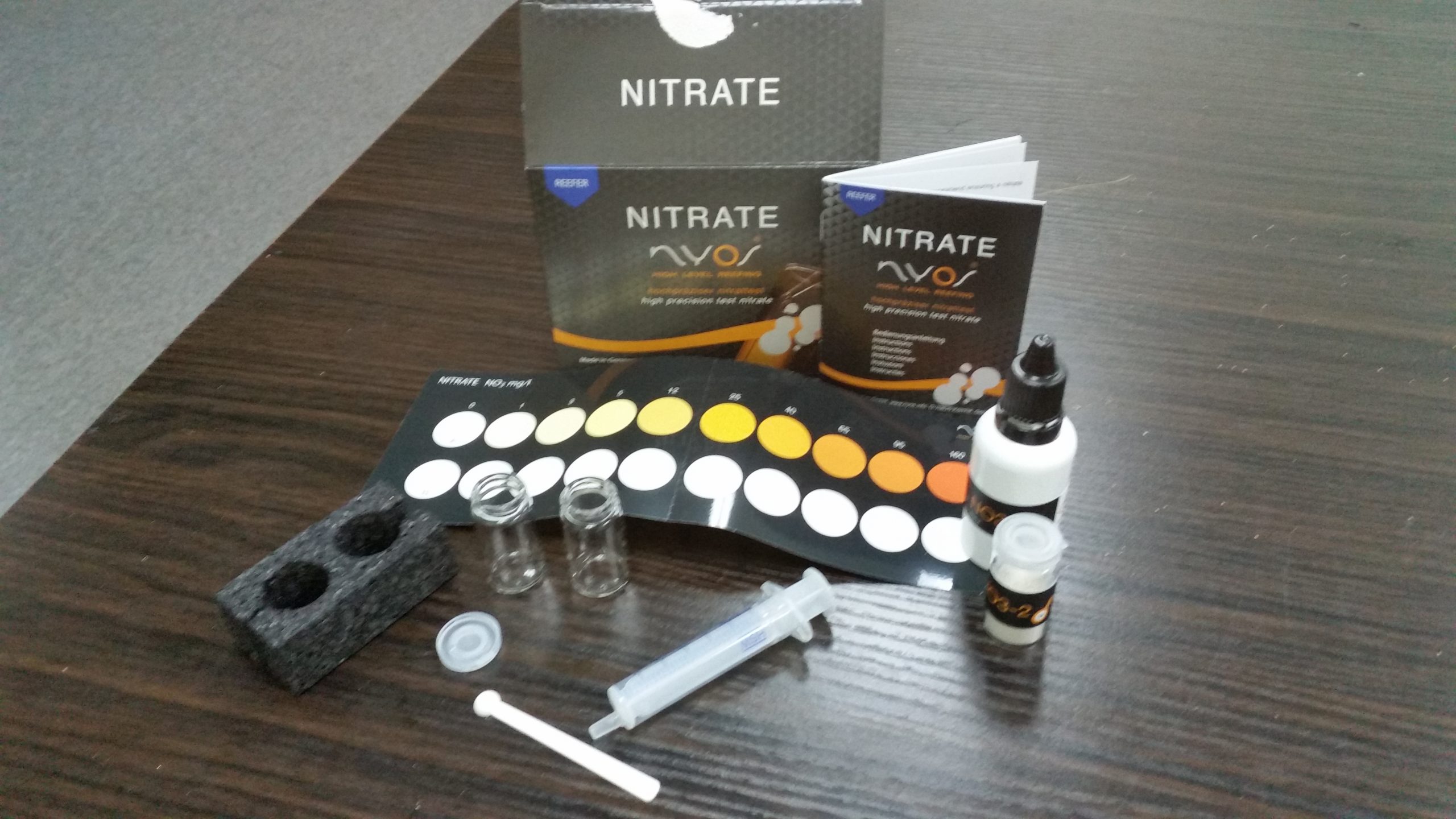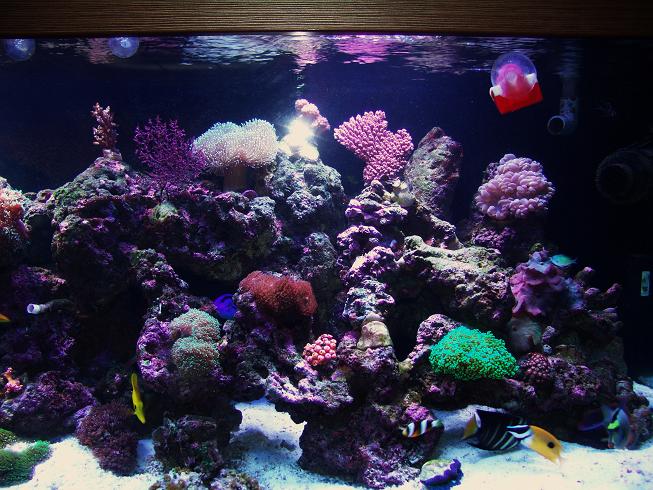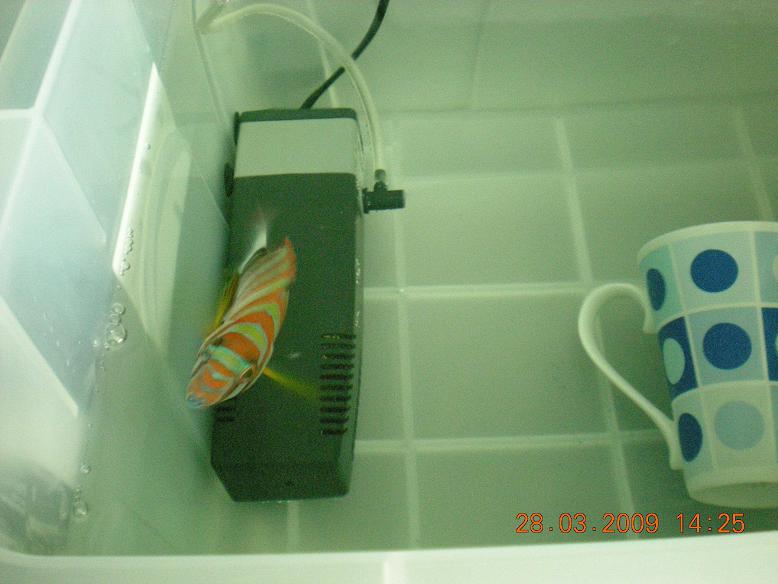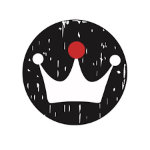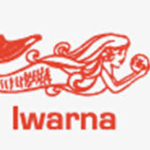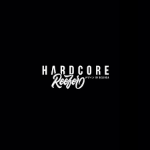Frequently Asked question ( FAQ) for Newbie setting up their first marine tank
I have heard a lot of people saying that it is expensive to set up a marine tank is that true?
Setting up a marine aquarium do require more equipment and knowledge in maintaining the water condition, however with the advancement of the technology and very affordable products from china. It is no longer a hobby which some can only dream of having.
Is it difficult to set up a Marine tank?
Unlike setting up a simple freshwater tank, most of the live stocks and corals are harvested from the sea, so to upkeep a successful marine tank, it requires more knowledge in the upkeeping as well as the basic filtration system. However, with the advancement of the aquarium equipment available for this hobby throughout these years, it is no longer very expensive and difficult in setting a successful marine tank.
Can I convert my freshwater setup to a marine tanks setup?
It can be done provided your existing system can provide the necessary filtration system i.e; biological filtration for the bacteria break down, thickness of the glass ( since seawater is heavier than freshwater , it has to be able to withstanding the weight ) ect..
What is the tank size I need for a marine tank setup?
There is no fix rules on this, however, with a larger tank, you would be able to stock more fishes, corals and easier in maintaining the water parameter. Try to get the appropriate tank size which is within your budget.
What equipment do I need for a marine tank setup?
Basic equipment includes ;
Protein skimmer (A most important piece of equipment for a marine tank setup)
Return pump
Wavemaker ( optional )
Fluidized reactor ( optional )
Chiller or Fan
Suitable lighting
Biological filtration media – Live rocks ect..
Do I have to use salt mix or natural seawater (NSW) for my setup ?
Both has it’s pro and cons, the salt mix can give you a better water parameter especially if you intend to keep corals. Whereas for natural seawater it is cheaper, more easier to use and it reduces the overall tank cycling time.
Can I use natural seawater collected from the beach for my fish tank ?
Natural un-filter seawater collected from the beach may contain a lot of harmful toxic / diseases which is harmful to your fish and corals so it is advisable not to risk the valuable fishes/corals in your tank unless you are the confidence of the source.
How long do I need to cycle my new setup marine tank?
It would usually take about 4 – 6 week to complete the cycling of your new tank, however, it depends on various factor as well.
What test kit do I need for a marine tank?
The test kit is necessary for a marine tank especially if you intend to keep corals. You can start off with basic important test kit for Ammonia, and PH test kit for a fish only system ( FOWLR) together with more comprehensive test kit; Calcium, Magnesium, KH, Nitrate, and Phosphate test kit if you were intent to keep corals.
What is the ideal water parameter for a Marine tank?
Fish only system ( FOWLR)
Salinity sg – 1.018 ~ 1.025 ( Some fish can go lower than this )
Ammonia < 0.1ppm
Phosphate < 0.03 ppm ( Fishes can tolerate a higher level of Phosphate as well, but this together with a high level of Nitrate will cause problem such as algae bloom. )
Nitrite < 0.2 ppm
Nitrate < 10 ppm ( fishes can tolerate higher nitrate level, but it will affect the fish colouration and health over the long run )
Alkalinity KH – 7 to 11 dKH
Temperature < 30 degree Celsius
Coral Reef system
Salinity – 1.025
Ammonia < 0.1ppm
Phosphate < 0.03 ppm
Nitrite < 0.2 ppm
Nitrate < 10 ppm
Alkalinity – 7 to 11 dKH
Calcium – 380 to 450 ppm
Magnesium – 1200 to 1400 ppm
Temperature – 25 – 28 degree Celsius
What types of supplement do I need for my marine tank?
There are many various types of supplement in the market, however not all are necessary for your tank depending on your needs. Basic supplement for a fish only setup include, trace element, supplement for increasing your fish immune system and buffer solution in case your PH drop too much.
For a reef system, you will need the basic 3 part solution which is the mg, ca and KH which is important for coral health and growth, together with various coral foods, iodine to maintain it’s overall health.
However, do not dose anything that you are unable to test, and always start with a smaller dose to observe any changes/effect before increasing the dosage of any supplement.
What are you guys talking about in the forum?
We may use some of the reefing terms which look unfamiliar to you. To know more, do check out our Aquarium Glossary and the Acronym & Abbrev .
How often do I need to change the water?
Depending on the Bio-load of your tank, the water change frequency will vary. For a small bioload tank, monthly or every two month, whereas for a heavier bioload tank, weekly or twice weekly is advisable.
Is it true that captive fish and corals are easier to keep than wild-caught one?
Yes, it is very true that captive live stocks are easier to keep since it is culturing in a captive environment and adapt better in a home tank. Furthermore, by supporting captive propagation of marine ornamental, we are reducing part of the reliance on harvest wild stocks.

